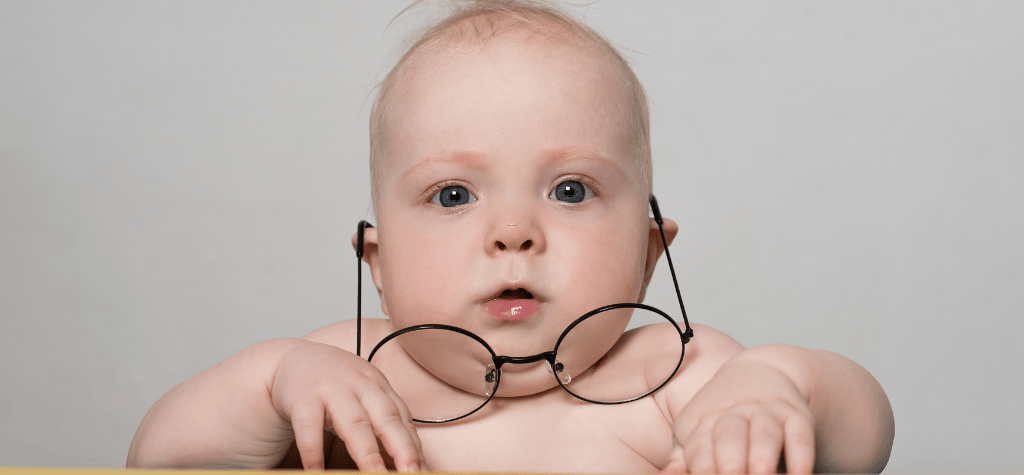In 2025, optometrists around the world are reporting a sharp rise in children needing glasses—at younger ages than ever before. What used to be a common concern for teens is now a growing issue among toddlers and primary schoolers. But why is this happening? And what can parents do to protect their children’s eyesight? Let’s explore this important trend and what it means for families today.
The Eye-Opening Statistics of 2025

- In 2010, only 12% of children under 10 needed corrective lenses.
- In 2025, that number has skyrocketed to nearly 32%.
- Optometrists are diagnosing myopia (nearsightedness) in kids as young as 3 years old.
This surge is leading researchers and pediatricians to investigate the modern lifestyle’s impact on young eyes.
Main Reasons Kids Are Getting Glasses Earlier
1. Increased Screen Time
Tablets, phones, and virtual learning platforms dominate childhood in 2025.
- Children ages 3–7 spend 4 to 6 hours daily on screens.
- Close-up focus for extended periods leads to digital eye strain and accommodation issues.
2. Reduced Outdoor Activity
Time spent outside is critical for eye development.
- Natural light helps regulate the eye’s growth.
- Kids spending more time indoors are more prone to myopia progression.
3. Genetic Factors
If one or both parents wear glasses, a child has a 30-60% chance of needing them too.
- Genes play a role, but lifestyle influences severity.
4. Early Education Pressure
Preschools now emphasize digital literacy early on, pushing visual demands at a younger age.
- Early reading and screen use without proper breaks strain developing eyes.
Signs Your Child Might Need Glasses

| Symptom | Possible Cause |
|---|---|
| Squinting at close or far objects | Refractive errors like myopia or hyperopia |
| Frequent headaches | Eye strain from poor focus |
| Rubbing eyes or blinking often | Visual discomfort or dryness |
| Avoiding books or screens | Blurry vision or fatigue |
| Sitting too close to screens | Trouble seeing from a distance |
Expert Insights: What Pediatric Optometrists Say
Dr. Lena Carter, a pediatric optometrist, explains:
“We’re seeing eye fatigue and refractive errors in preschoolers—something that was rare just 10 years ago. Preventive eye care is now essential before kindergarten.”
How to Prevent Early Vision Issues in Children
1. Limit Screen Time
- Follow the 20-20-20 rule: every 20 minutes, look at something 20 feet away for 20 seconds.
- Keep screens at eye level and at least 18 inches away.
2. Encourage Outdoor Play
- Aim for at least 90 minutes of daylight activity daily.
- Outdoor light helps slow the progression of myopia.
3. Schedule Regular Eye Exams
- First eye exam: by age 1
- Follow-up exams: every year, even without complaints
4. Provide Proper Lighting
- Ensure kids read and play in well-lit environments to reduce eye strain.
The Role of Blue Light and Smart Glasses in 2025
Blue light–blocking lenses are now common in children’s glasses. These help reduce screen-related eye strain, though experts note they’re not a cure-all.
In 2025, smart glasses for kids also offer:
- Eye movement tracking
- Posture reminders
- Screen time alerts
These tools are helping parents manage digital habits more effectively.
When to Consider Glasses vs. Vision Therapy

For some children, glasses aren’t the only answer. Vision therapy can help treat issues like:
- Tracking difficulties
- Eye teaming problems
- Focusing lag
Consult with a developmental optometrist for personalized care.
Conclusion: A Clear Vision for the Future
Yes, kids are getting glasses much earlier in 2025—but with awareness and the right habits, parents can help protect their child’s vision long term. Screen time, outdoor activity, regular exams, and a proactive approach to eye health all make a big difference.
Early detection isn’t just about seeing clearly—it’s about setting children up for a brighter, more focused future.

